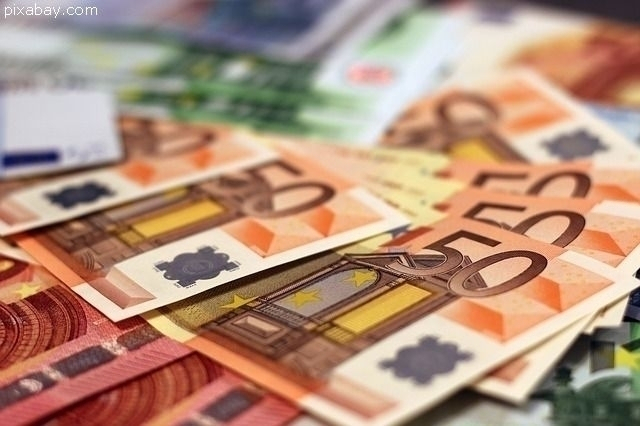European economic forecasts
The growth rate of the Romanian economy will increase slightly this year, to 4.1% of the GDP

Leyla Cheamil, 08.11.2019, 12:00
The growth rate of the Romanian economy will increase slightly this year, to 4.1% of the GDP, but will slow down to 3.6% and 3.3% in 2020 and 2021, according to the autumn economic forecast released on Thursday by the European Commission. Private consumption is expected to go down, but it will remain the main growth engine during the period in question, while available incomes will continue to be supported by an expansionary tax policy and a sound increase in salaries.
The European Commission also expects the inflation pressures to ease in the forthcoming period. From an annual peak of 4.1% in 2018, the institution says, the consumer price index dropped to 3.5% in September this year, as energy and food prices decreased. The level is expected to stay around 3.9% this year and to get back within the National Banks target of 2.5% next year.
On the other hand, the European Commission says both domestic developments and external factors may entail some risks. A possible slowdown affecting Romanias main trade partners, for instance, could impact the countrys exports. Domestically, a busy election calendar until the end of 2020 and the recent political uncertainties may defer the start of structural reforms and may affect the efforts to reduce macroeconomic imbalances.
The European Commission also warns that the budget deficit will widen significantly on account of the public pensions expenditure. According to the autumn economic forecast, the government deficit is expected to go from 3% in 2018 to 3.6% this year, as a result of substantial pay raises in the public sector. The government deficit is likely to reach 4.4% of the GDP in 2020 and 6.1% of the GDP the following year, following the significant pension increases regulated this summer.
As regards the Eurozone and the European Union on the whole, growth forecasts for this year and for the next 2 years were adjusted downwards. The GDP of the Eurozone is expected to increase by 1.1% in 2019 and by 1.2% in 2020 and 2021, whereas EU-wide the figure is put at 1.4% for each of the 3 years. The European Commission warns however that in the future member states may face difficulties triggered by trade conflicts, growing geopolitical tensions, Brexit and lingering deficiencies in the processing industry.
(translated by: Ana-Maria Popescu)






























